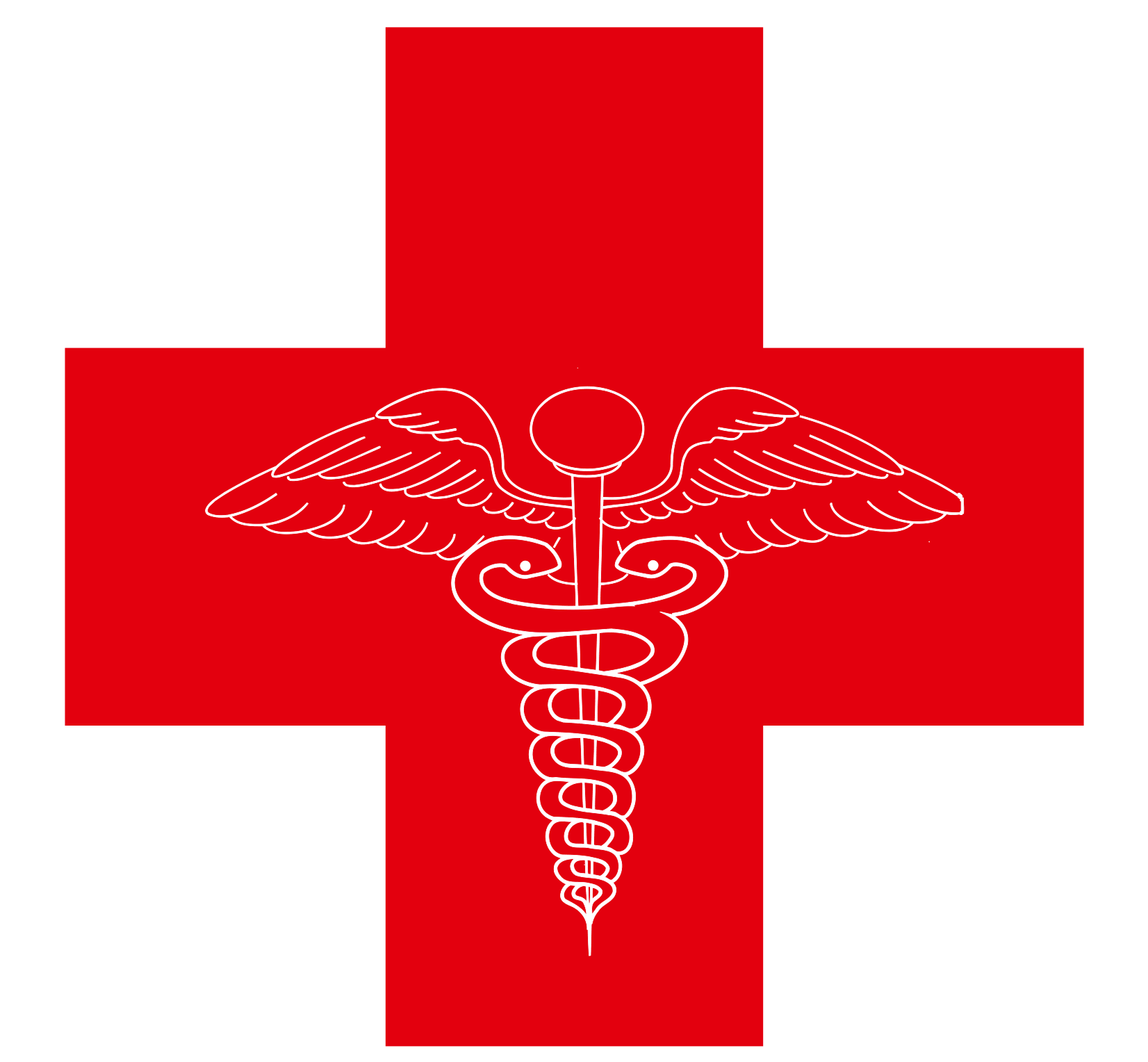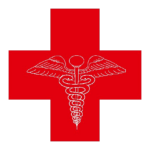An autoimmune disorder characterized by chronic inflammation of the joints, it occurs when the body's immune system mistakenly attacks its own tissues, particularly the synovium (the lining of the membranes that surround the joints). This autoimmune response triggers inflammation, which can eventually damage cartilage, bone, tendons, and ligaments within the joint.
Causes
The exact cause of rheumatoid arthritis remains unknown, but it is believed to involve a combination of genetic, environmental, and hormonal factors. Women are more likely to develop RA than men, and the condition often begins between the ages of 30 and 60, although it can occur at any age.
Symptoms
- Joint pain, swelling, and stiffness
- Morning stiffness
- Fatigue, weakness
- Rheumatoid nodules (firm lumps that develop under the skin, usually near the affected joints).
- Joint deformities, such as bent fingers or toes, due to cartilage and bone damage
Diagnosis
- Medical history
- physical examination
- Laboratory tests
- Imaging studies
Key diagnostic tests may include:
Blood Tests: Blood tests such as rheumatoid factor (RF) and anti-cyclic citrullinated peptide (anti-CCP) antibodies can help confirm the diagnosis and assess disease activity.
Treatment
The goal of rheumatoid arthritis treatment is to reduce inflammation, alleviate pain, preserve joint function, and improve overall quality of life.
Treatment plans are typically tailored to everyone’s specific needs and may involve:
- Medications
- Physical Therapy
- Lifestyle Modifications
- Surgery
Living with rheumatoid arthritis presents physical and emotional challenges, including chronic pain and fatigue. Despite limitations, many find fulfilment and independence. Support groups and education offer valuable resources for navigating RA's complexities.
Rheumatoid arthritis is a chronic autoimmune disorder characterized by inflammation of the joints, leading to pain, swelling, stiffness, and potential joint damage. While the exact cause remains unclear, a combination of genetic, environmental, and hormonal factors likely contributes to its development. Early diagnosis and aggressive treatment are crucial for managing symptoms, slowing disease progression, and minimizing complications. With a comprehensive treatment approach, including medication, physical therapy, lifestyle modifications, and surgical interventions, when necessary, individuals with RA can achieve better outcomes and maintain a good quality of life. Ongoing support from healthcare professionals, loved ones, and support groups is essential for navigating the challenges of living with rheumatoid arthritis.




